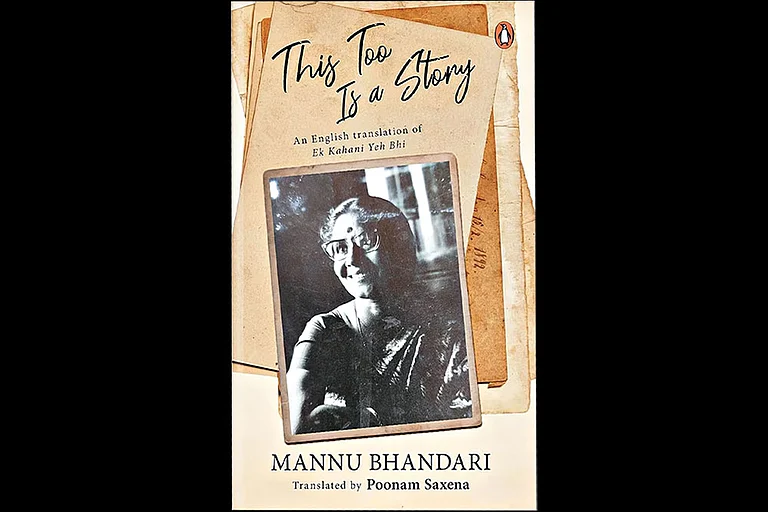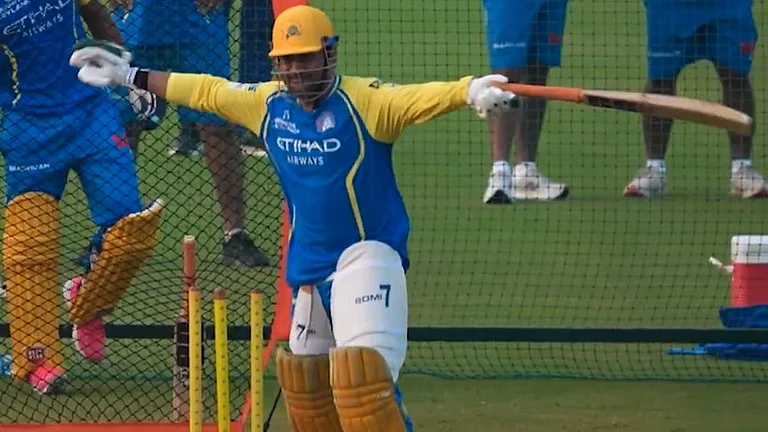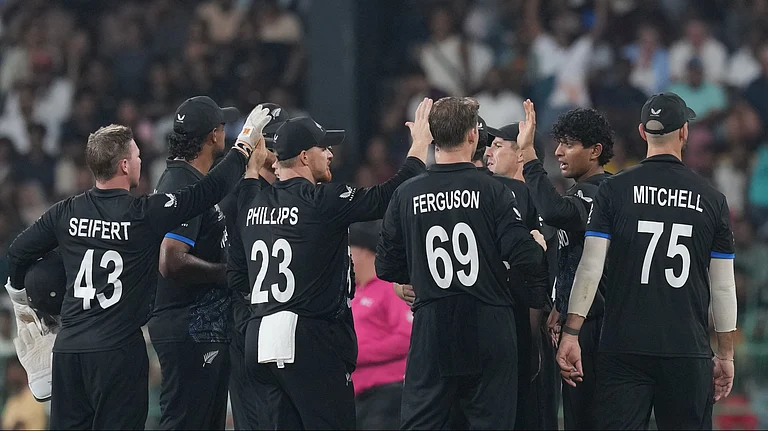Deccan Queen which runs between Pune and Mumbai is all set in a brand new version. It is one of the oldest running trains in the country and has recently completed 92 years of service. The train is now set up with new Linke Hofmann Busch (LHB) coaches with a green-red colour scheme and a new dining car. It is also the first train to showcase a dining car.
The word 'Queen of Deccan' aptly fits as it runs between two prominent cities – Mumbai and Pune. The new design for Deccan Queen, also known as Dakkhan ki Rani, was decided in February. The train was designed by the National Institute of Design Ahmedabad along with the Railway Board, Research, RDSO, ICF in Chennai and officials of Central Railways.
Shivaji Sutar, chief public relations officer of Central Railway (CR), according to a report, said that Mumbai- Nashik Panchavati Express, Mumbai-Pune Deccan Express, Mumbai-Firozpur Punjab Mail, Mumbai-Jaynagar Pawan Express and Mumbai-Gondia Vidarbha Express, are important trains with LHB coaches. These operate a total of 103 outstation trains with 15 rakes.
Deccan Queen now has a 40-seater dining car with wooden tables, brand new chairs and larger windows to look at the pristine view of Mumbai and Pune. According to reports, the upgraded version has 15 coaches. It also features AC chair coaches, eight-second class chair coaches, one AC dining coach, one vista dome coach, one generator coach and a brake van.
Deccan Queen made her first journey on 1 June 1930. It is considered a landmark in the history of the Great Indian Peninsula Railway. It is also the first Indian Railways deluxe train service. The train had seven coaches with only first and second class, initially. In 1955, third-class accommodation was provided. In 1996, the original rakes of the coaches were replaced by anti-telescopic steel-bodied integral coaches produced by ICF, Perambur.





















